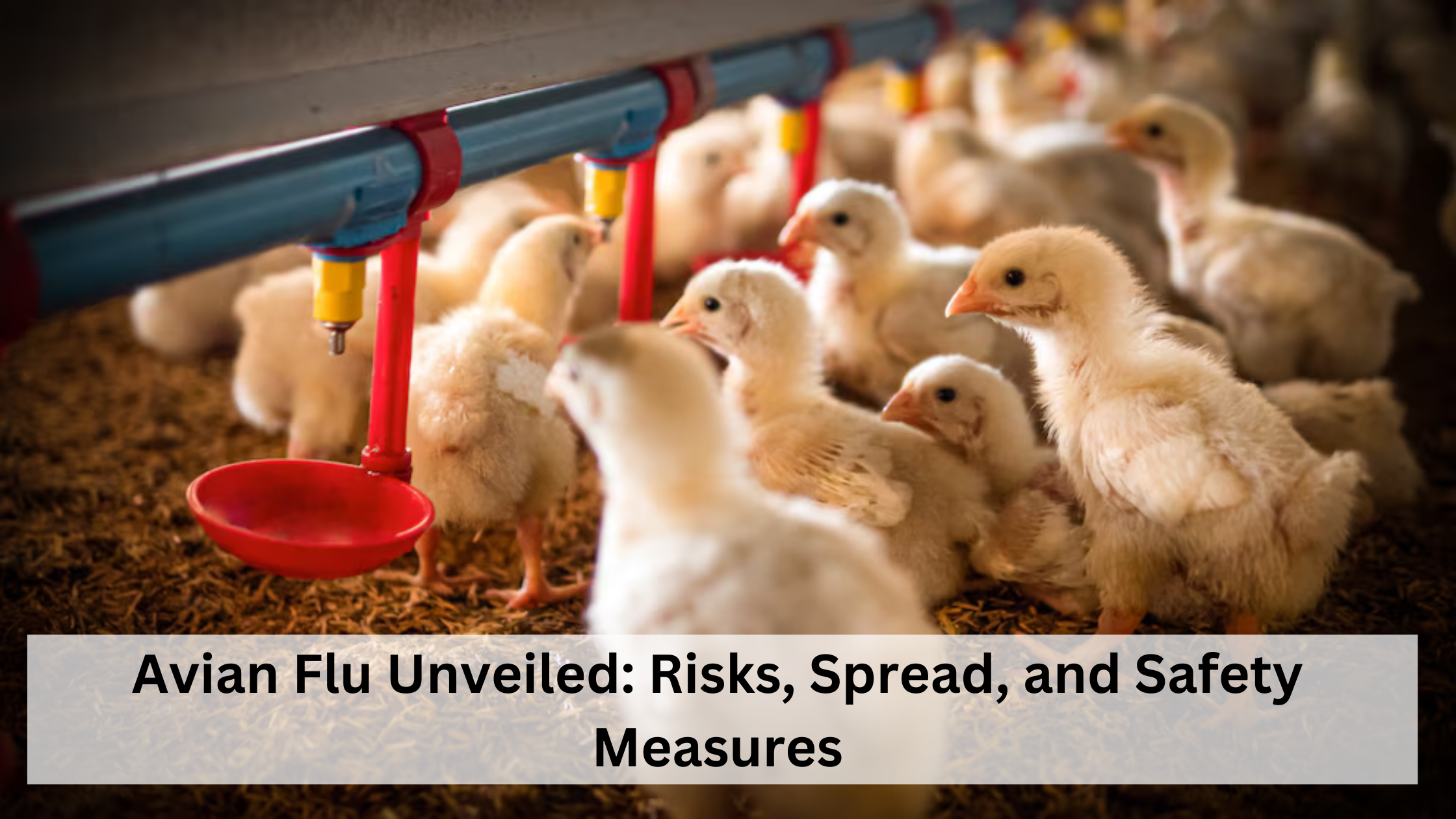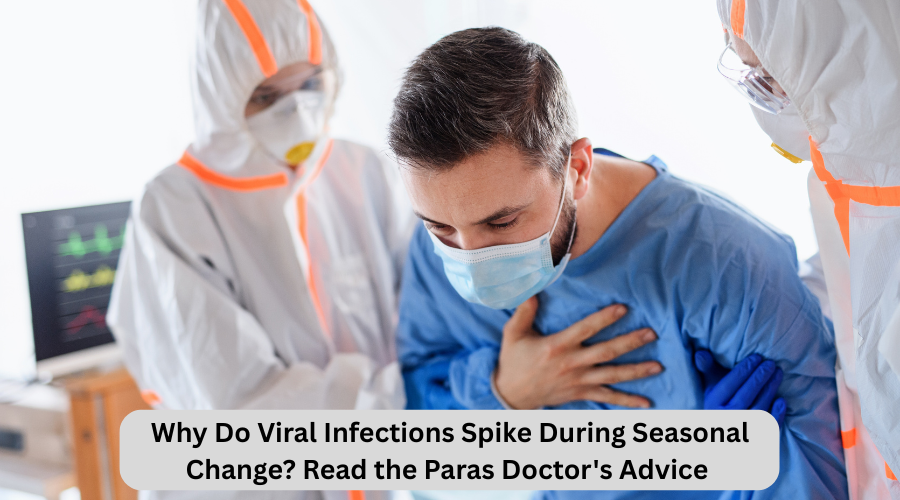Bird Flu Unveiled: Risks, Spread, and Safety Measures
Bird flu: what is it?
The influenza (flu) strain known as “bird flu,” commonly referred to as “avian flu,” primarily affects wild water birds but can also infect domestic birds (poultry) and other animals. These strains are viruses of the influenza A type.
It’s uncommon, yet humans can contract bird flu. Three subtypes are most likely to impact humans: A(H5N1), A(H7N9), and A(H9N2). From minor symptoms like pink eye to a severe flu-like sickness that causes respiratory failure or even death, the symptoms can vary widely.
Who is affected by avian flu?
Anyone who has typically come into touch with contaminated birds, whether dead or alive, is among the affected parties. These can include waterfowl (ducks, geese), domestic poultry (chickens, turkeys), and predatory birds (falcons) that have come into touch with infected waterfowl in the wild. The virus is excreted by infected birds in their mucus, feces, and saliva. Rarely, those who contract the disease from interacting with sick birds may also have close connections or family members who are affected.
Following a bird flu infection, the following individuals are most vulnerable to acquiring a serious illness:
- Individuals who are pregnant.
- Those whose immune systems are not working well.
- Individuals 65 years of age or older.
Why does avian flu occur?
Inhaling dust particles or droplets containing the virus can cause infection. Additionally, you can get infected by touching your mouth, nose, or eyes after coming into contact with an infected object.
Rarely, persons who were infected with bird flu have been able to infect others who were not in contact with sick birds.
Eating properly prepared chicken or foodstuffs won’t give you bird flu, but you should stay away from anything that contains raw fowl or blood.
Diagnoses and Examinations
Which examinations are planned to identify avian flu?
The symptoms of bird flu cannot be used to diagnose it. Your doctor might take a sample from your throat or nose. Specialized testing is required for certain specimens, and you might be directed to a public health department. Testing as soon as symptoms appear yields the best results.
How can I lower my chance of contracting bird flu?
Those who work with poultry are most at risk. If you work in the poultry business, you should exercise caution and always wear safety gear.
When traveling, stay away from markets and poultry farms if you don’t work in the poultry sector. If you come into contact with wild ducks or other waterfowl, exercise caution. Always wash your hands well, and refrain from touching your mouth, nose, or eyes with dirty hands. In the event that you travel to a region where bird flu cases have been reported, make sure to notify your doctor right once if you experience any flu-like symptoms.
Is eating dairy products safe?
It is still safe to consume commercially pasteurized milk, according to federal regulators. It is mandatory for dairies to ensure that milk from sick animals is not consumed by humans. Additionally, milk that is sold across states needs to undergo pasteurization, which involves heating the milk to eliminate any possible pathogens. In a recent online reference on milk safety, the Food and Drug Administration stated that pasteurization “has continually proven to inactivate bacteria and viruses, like influenza, in milk.”
The Food and Drug Administration stated that they were unsure of the risk of contracting the virus by eating raw or unpasteurized dairy products. Beyond avian influenza, raw milk is recognized to have a number of additional potential health hazards.
Read More: Optimizing Kidney Health: Essential Diet Guide










